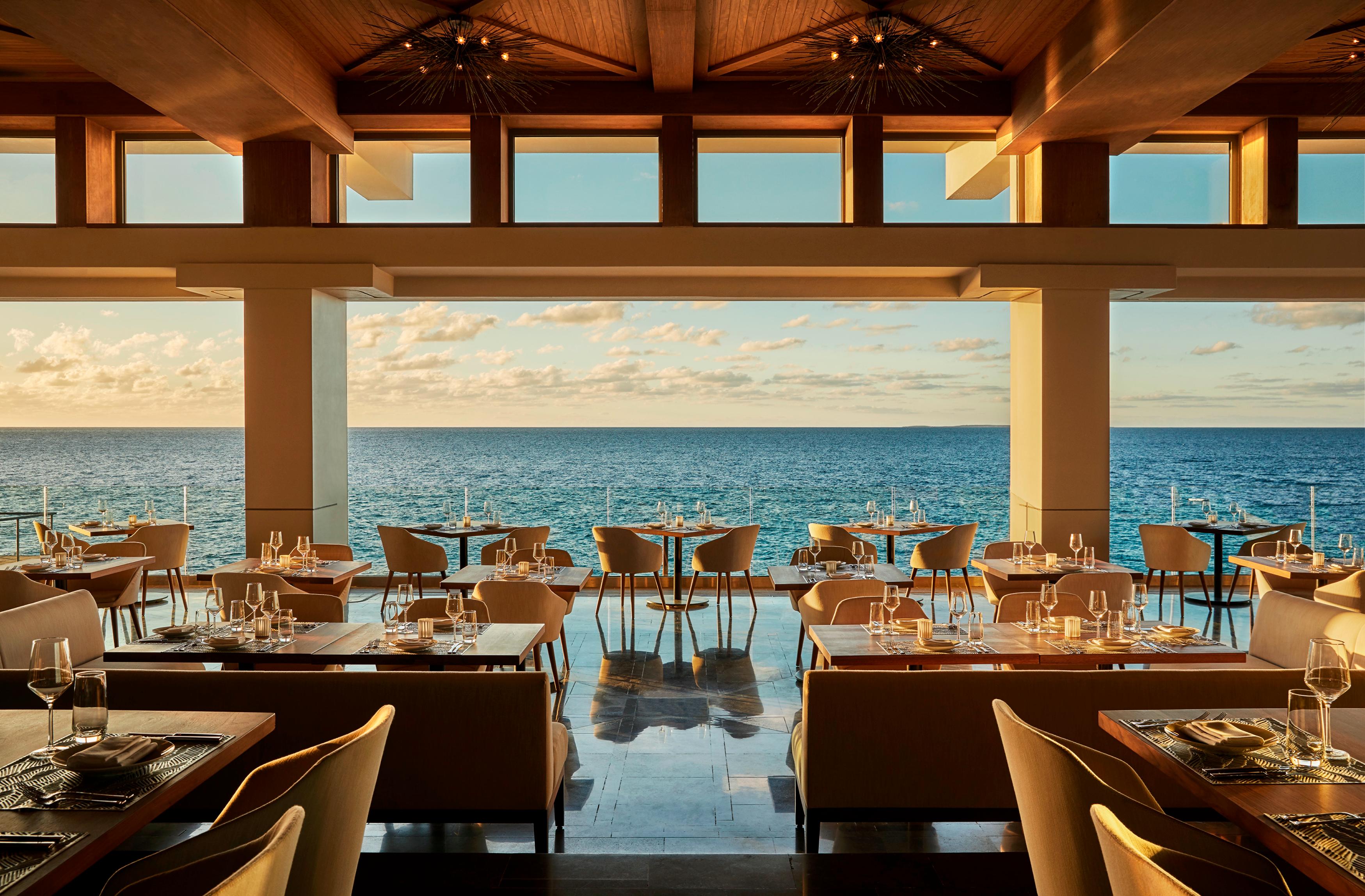
From limiting access to leisure and social interaction to constraining economic progress, the repercussions of a high restaurant index can be profound, particulalrly in African countries.
In countries with a high restaurant index, eating out becomes a luxury reserved for the rich, alienating a sizable segment of the population.
This could potentially reduce social interactions, particularly in metropolitan regions where dining out is a common cultural and social practice. As a result, many residents may miss out on the ease and fun of dining out.
The exploration of various cuisines and inventive culinary offers is encouraged by reasonably priced meals.
But when eateries only serve wealthy customers because they are expensive, it inhibits creativity and deters diversity in the food industry. Locals may not be able to afford traditional foods, which lowers their cultural prominence.
A high restaurant index often indicates larger inflationary tendencies. Rising prices for materials, labor, and operations are passed on to customers, raising total living expenditures. This can have a knock-on impact on other areas of the economy, further squeezing household budgets and lowering discretionary expenditure.
Aside from the internal consequences of a high restaurant index, there are also consequences to foreign revenue.
Tourists frequently assess the worth of an area based on its cost of living, which includes dining costs. When restaurant rates are unreasonably high, tourists may choose more economical options outside Africa, harming the hospitality sector and local economies that rely on tourism.
With that said, here are the 5 African countries with the lowest prices of eating out as per Numbeo’s restaurant index which measures the prices of meals and drinks in restaurants and bars to those in NYC.
Top 5 African countries where eating out is expensive
| Rank | Country | Resuturant price index |
|---|---|---|
|
1. |
Cameroon |
35.3 |
|
2. |
South Africa |
29.5 |
|
3. |
Ghana |
26.9 |
|
4. |
Zimbabwe |
26.7 |
|
5. |
Mauritius |
26.5 |








